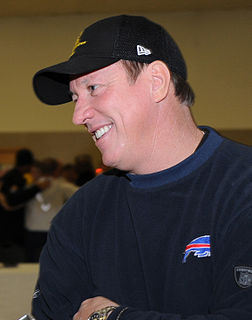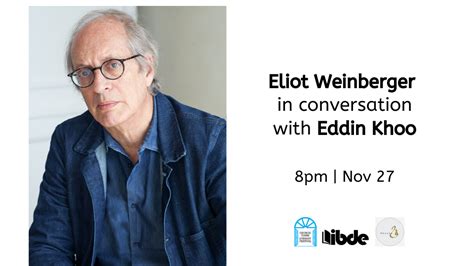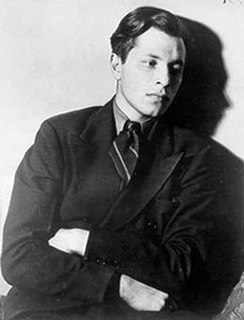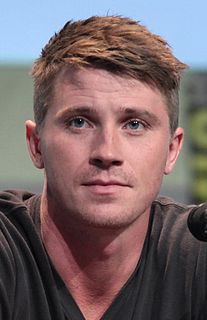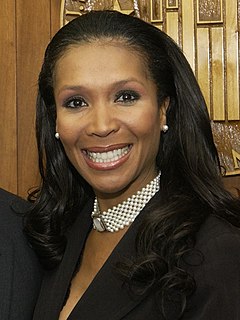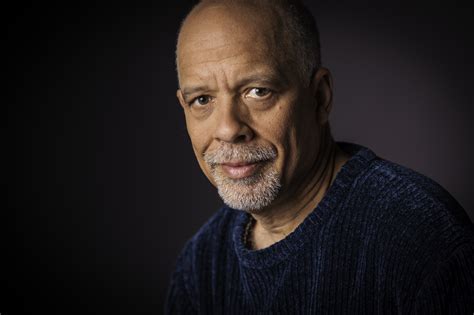A Quote by Louis Theroux
I both admired my father and his writing, and I saw how much he valued it.
Related Quotes
I fantasised about F. Scott Fitzgerald's 'The Great Gatsby' - I loved it, and then I read everything J. D. Salinger had to offer. Then I was turned on to Kerouac, and his spontaneous prose, his stream of consciousness way of writing. I admired him so much, and I romanticised so much about the '40s and '50s.

